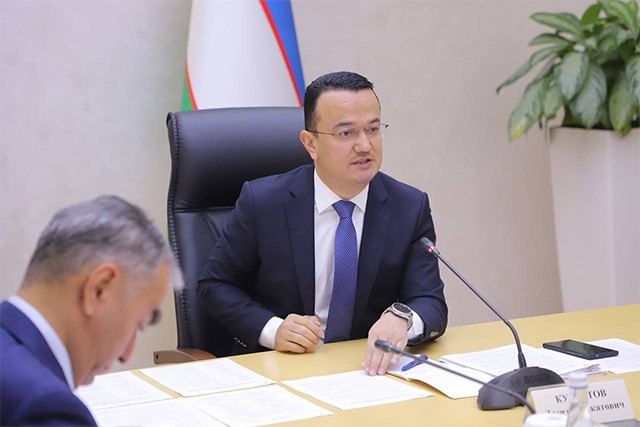The formation of the digital economy in Central Asia ceases to be an element of the state strategy for the future — it is an actual and already implemented reality. Uzbekistan and Kazakhstan are demonstrating steady dynamics in the transformation of key areas-from public administration to the financial sector, education and agriculture. This process is not limited to the implementation of individual digital solutions: we are talking about a comprehensive restructuring of the models of interaction between the state, business and society.
Electronic public services as the foundation of a new management model
Digitalization of the public sector is becoming a reference point for development. Uzbekistan is actively implementing the platform my.gov.uz, which provides citizens and entrepreneurs with a wide range of online services-from filing applications and obtaining certificates to tracking tax liabilities and paying fines. The creation of "e-government" allows reducing administrative barriers, increasing transparency of procedures and minimizing corruption risks. This creates a new culture of interaction between the state and society, where service, speed and availability become key performance criteria.
Education in the digital age
The COVID-19 pandemic has become a driver of digitalization of the educational system. Uzbekistan relies on the development of national digital platforms, including ZiyoNET and electronic libraries, which provide access to educational resources for schoolchildren and students. The priority is the development of IT competencies among young people: courses on programming, artificial intelligence and cybersecurity are being introduced. This is a strategic decision aimed at creating a digital class of specialists capable of integrating into the global knowledge economy.
Digital agricultural sector as a vector of food sustainability
Agriculture is one of the most important sectors for the economy of Uzbekistan. Here, digital transformation takes on an applied character. The country is implementing pilot projects to automate irrigation systems, introduce geographic information platforms and digital services for farmers. The development and use of agricultural platforms allows you to track crop yields, plan seed campaigns, and manage resources with minimal human input. This approach reduces transaction costs and increases food sustainability at the same time.
Financial technologies: the new face of the economy
The financial sector in Uzbekistan is becoming one of the fastest growing segments of digitalization. National systems of online banking and electronic payments — such as Click, Payme and Apelsin-already play a key role in everyday financial transactions of the population. The emergence of QR payments, digital wallets, and online lending is changing the structure of consumer behavior. At the same time, there is a growing interest in cryptocurrency startups and the potential launch of national digital currencies, which requires comprehensive regulation and technological sustainability.
Ecosystem approach: technology parks, accelerators, and international collaborations
Technology hubs and acceleration programs are becoming a key element of digital transformation. IT Park Uzbekistan forms the infrastructure to support startups, develops measures for tax incentives for IT companies, and simplifies the working hours for international technology giants. This creates a new investment climate where technology is seen not as a separate industry, but as a cross-cutting component of economic growth.
Sustainability as the basis of a digital development model
The digital development strategy in Uzbekistan and Kazakhstan is based on long-term goals — improving governance efficiency, diversifying the economy, expanding access to knowledge and services, and integrating into global digital value chains. In this context, digitalization is not a temporary solution, but the basis for sustainable economic growth and the formation of a truly smart economy in which innovations serve the interests of society, business and the state.











